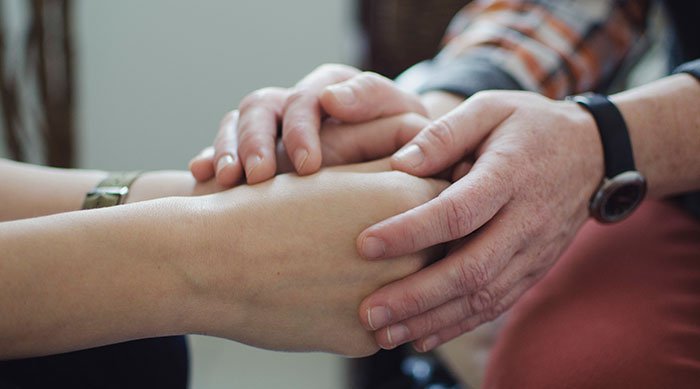Alcohol and other drugs and mental health: Resources

Resources for patients, clients, people with dual diagnosis
SUMITT Fact Sheets
The Substance Use and Mental Illness Treatment Team (SUMITT) have developed a series of harm reduction factsheets. They include information on how they can affect mental health, how to reduce harm, and where to get help. Download the factsheet PDFs here:
http://www.dualdiagnosis.org.au/home/index.php/publications/fact-sheets
DirectLine
This 24/7 service provides confidential support around AOD issues to Victorians, including phone counselling, counselling online, and referrals.
Learn more about DirectLine: https://www.directline.org.au/
Learn more about Counselling Online: https://www.counsellingonline.org.au/
Mental health care plan
Working out a mental health care plan can help a person and their doctor agree on shared goals and how to work towards them, as well as helping with the cost of accessing mental health support.
Learn more about mental health care plans: https://www.healthdirect.gov.au/mental-health-care-plan
Resources for professionals
Using the Australian comorbidity guidelines
The Australian ‘Comorbidity Guidelines’ have been developed for AOD workers and other health professionals. The Guidelines provide comprehensive information about recognising and treating people with a dual diagnosis.
A range of resources are attached to the Guidelines, including access to free training, screening and assessment tools, information on motivational interviewing, and worksheets that health professionals can use to help support their clients.
Learn more about the Guidelines and access the training and other resources: https://comorbidityguidelines.org.au/
Dual Diagnosis Australia and New Zealand
Provides information and tools for health care practitioners, including clinical guidance and self-assessment checklists for workers and agencies to assess their current capability to support people with a dual diagnosis, and then identify gaps in training or other needs.
Visit their website: http://www.dualdiagnosis.org.au/
The Victorian Dual Diagnosis Initiative (VDDI)
Learn more about this cross-sector initiative to support health care practitioners, including contact details: Victorian Dual Diagnosis Initiative - Role & Contacts - 2019
Access the presentations delivered at the VDDI 2019 forum: https://www.svhm.org.au/our-services/departments-and-services/n/nexus/resources/vddi-forum-2019
Help reduce stigma
Use person-first language
Person-first language recognises that the order of the words, not just the words we choose, affects the way we imagine the person or group being described. Putting the person first emphasises that someone is a person, before they are anything else.
Learn more about the power of language around alcohol and other drugs: https://adf.org.au/resources/power-words/
Watch for stigma in the media
SANE Australia operates Stigma Watch, where anyone can report stigmatising media coverage of mental health: https://www.sane.org/information-stories/facts-and-guides/reducing-stigma#what-can-i-do-about-stigma
Mindframe provides guidelines for best-practice reporting on mental health, including self-harm, and alcohol and other drug topics: https://mindframe.org.au/